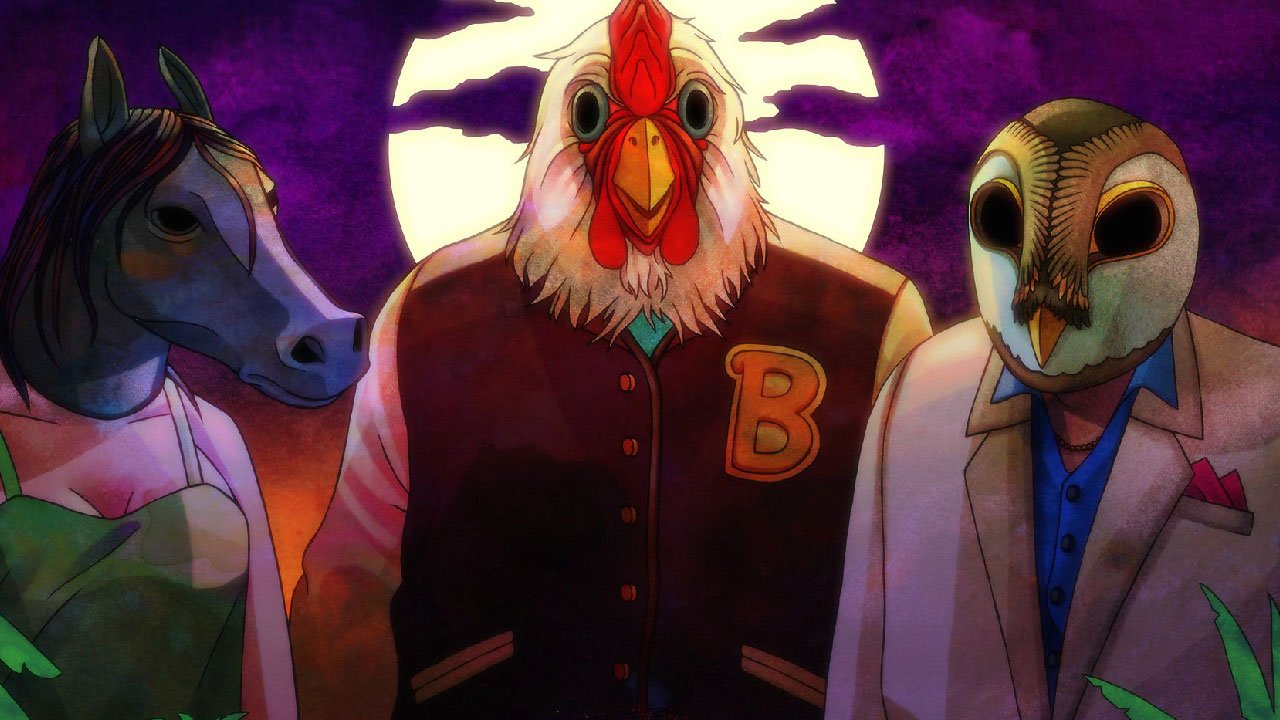Some of the best loved videogames—ones like Silent Hill 2, Assassin’s Creed II, and Mass Effect 2—are sequels. These titles are widely considered to be substantial improvements over their predecessors, the design changes made from older to newer release seen as necessary overhauls or refinements of what came before. The success of sequels isn’t unusual for videogames. A large part of whether or not a game is enjoyable can come from the sort of mechanical improvements that often arise with development iteration. But, all the same, following up on a well regarded original comes with its own difficulties.
Fans of a first game usually harbour big expectations for what comes next. After having already liked a title, it’s only natural to hope that its sequel will capture—or even improve upon—what worked in the original. And, even though this hope is often rewarded, there’s no shortage of disappointing sequels that have let down excited players. Games like Deus Ex: Invisible War, Devil May Cry 2, and Duke Nukem Forever are all (in)famous examples of developers fumbling a sophomore entry. These kind of sequels fail to capitalize on what made their predecessors worthwhile, botching a continued storyline or negatively changing gameplay mechanics. They earn a special type of scorn for not only being poor games, but also because, as follow-ups, they’re closely associated with much better experiences from the past.
I started thinking about this while playing Dennaton Games’ Hotline Miami 2: Wrong Number, wondering if the very existence of a poor sequel is capable of damaging how players remember the game that came before. In the case of Wrong Number, the sequel isn’t exactly an outright bad game, but is, instead, mostly just kind of disappointing. If its mechanics and story were found in a different title, though—like a completely original one, free of any ties to the first Hotline Miami—it’s hard to say whether or not the aspects of it that fell flat would have seemed as important. Even though it isn’t a great game it is an interesting one, with enough style that its worst gameplay and narrative faults would probably be ignored if placed outside of its context as a follow-up to one of the most memorable experiences of the last few years. As it is, the shared characters, fictional setting, and aesthetic force a comparison between the two—and it’s not a favourable one.
This shouldn’t matter, but, strangely, it does. After finishing Wrong Number and booting up the original Hotline Miami to see how I felt about the game in light of its sequel, I found myself relating nearly every aspect of it to its successor. Unlike before, it was hard to think of it as its own creation. Instead, bits of its writing that hadn’t seemed like an issue in the past became annoying. Knowing where its plot would eventually end up in Wrong Number made its cryptic storytelling exasperating in a way that it hadn’t been before. Despite not even being the most egregious example of a sophomore slump, Hotline Miami’s sequel has damaged my opinion of the original game.
Sure, not every sequel is as deeply connected to its predecessor as Wrong Number is to Hotline Miami—some, like Final Fantasy entries, scuttle past characters and gameplay systems entirely and are only loosely affiliated with one another. But those that are may be more likely to retroactively damage our opinions of earlier games simply because going back to a better past is impossible when a sequel’s disappointment can still be easily remembered. What this means for an industry so fond of serialized game releases is that the utmost care has to be taken in order to either develop excellent follow-ups or, perhaps better, avoid them when they don’t make sense. As Hotline Miami shows, not every videogame requires a sequel, after all. Sometimes the best course of action that a developer can take is to simply leave well enough alone—to pursue new ideas in order to leave the success of their old ones intact.




